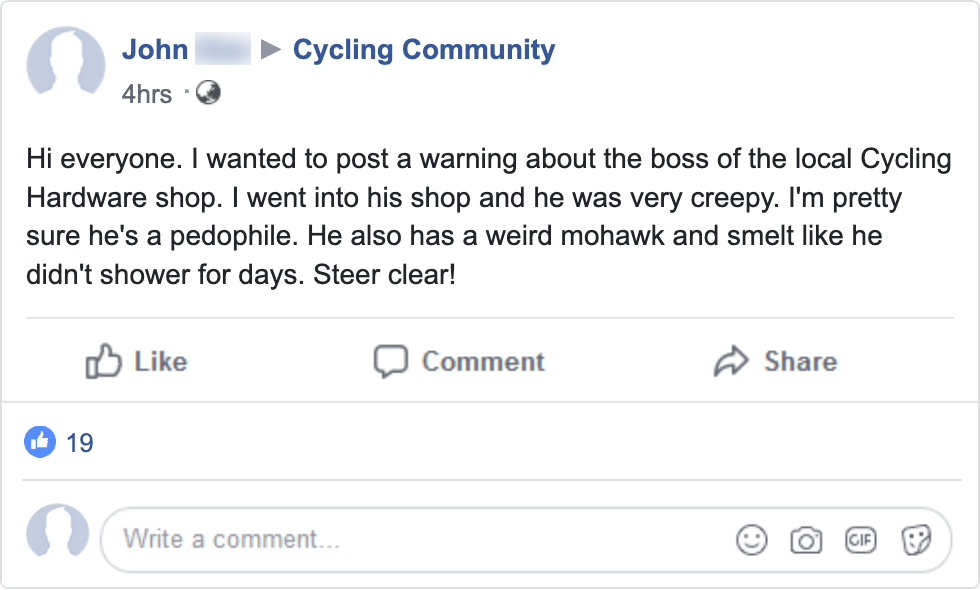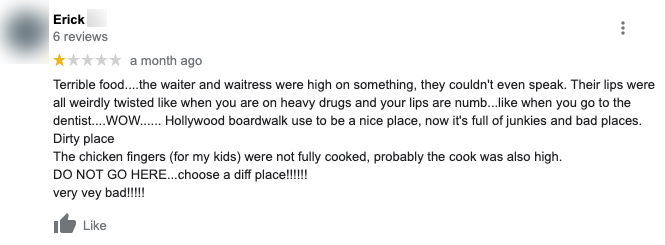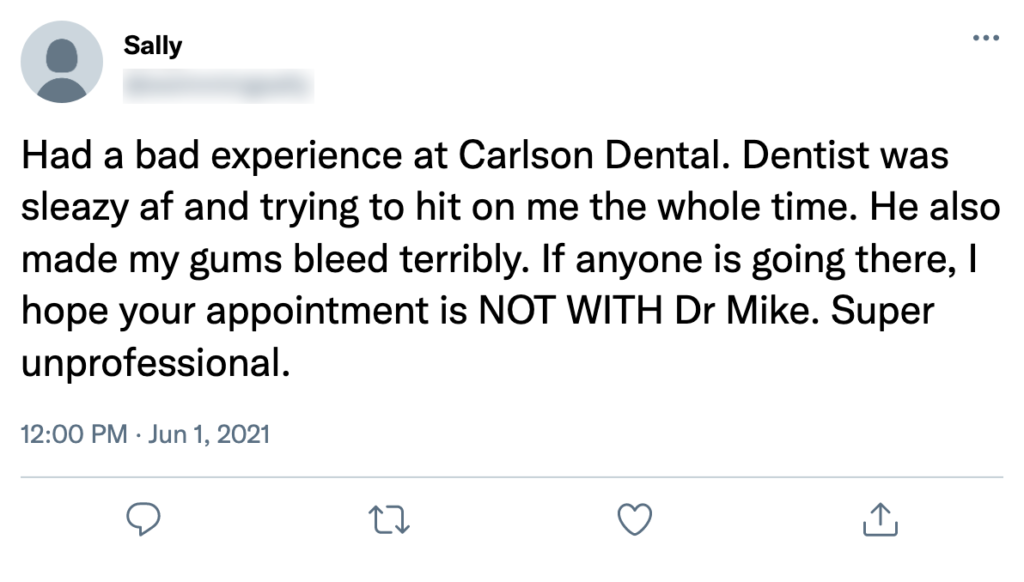Did you know you could be liable for not managing defamatory comments effectively within your community? With the commencement of the new Online Safety Act, Australians now have additional protections online. Under this new law, social media companies can be held accountable to remove abusive material. It’s never been more important to understand defamation, especially if you’re working with online communities.
What is defamation?
Defamation is the communication to a third party of a false or malicious statement about someone who is likely to cause harm to a person’s reputation or cause others to think less of a person. Under defamation law, this can include written materials, pictures, spoken statements, social media posts, replies or comments.
To be defamatory, a publication must:
- Be made to a person other than the target of the statement
- Identify (or be capable of identifying) the target of the statement
- Say something defamatory in nature
Who or what can be defamed?
In Australia, small businesses with less than 10 employees, not-for-profit organisations and individuals (including public figures) can be defamed.
If it’s a for-profit organisation with more than 10 employees or if you’re dead, you can’t be defamed* (except in Tasmania).
Why does it matter?
It is our job as community managers to create a safe, healthy digital space for people to interact. No matter what your community is for or about, it is important that everyone is interacting safely without being subjected to stressful situations. Think of us community managers as the guardians of the internet!
What kind of defamatory content is out there?
Negative comments can be found all over the internet, but what constitutes as defamatory? According to Australian Community Managers (ACM), there is a simple three-part test that we can apply:
- Has the content been communicated or “published” to others?
- Does the content identify an individual?
- Is the content likely to harm the reputation of the individual?
Here are some examples of comments which can be considered defamatory.




While each individual has the right to express their own opinions about their experience, however, in these examples, it is likely that an ordinary, reasonable person would read their comments and form lesser opinions about the subject as insinuated in the comments. These are called imputations, where the imputations from these posts are likely to damage the subject’s reputation.
Managing defamatory content
Before the defamation occurs
There are steps you can take as a community manager to prevent these instances from happening in the first place. Firstly consider how likely defamation is to occur within your community. Next, you can make use of pre-moderation tools such as using a banned or blocked words list, which picks up sensitive keywords in posts or comments – these posts will not be visible to the public even if it’s posted.
According to ACM, the best defense against defamation is an online community when moderation is consistent and consequential. It’s important to manage your community on a regular basis so that you can step in right away when there is an incident. After all, prevention is better than the cure!
Actions to take after it occurs
If alleged defamation has occurred, assess the situation and determine if the content in question constitutes as defamatory. In most scenarios, you can either:
- Hide
- Delete
- Do nothing
We usually recommend hiding comments when it comes to trolls or comments which go against our community guidelines, however, in the case of defamation, hiding is a tactic that you can use to buy time if you’re still assessing the situation. However, it’s important to note that if you’re hiding a comment on a platform like Facebook, the original comment may still be visible to the poster and their circle of friends, which means there is still public dissemination occurring.
If the platform does not allow content to be hidden, the best way is to delete it permanently from the public eye. This is the most secure way to minimise the risk to your community and organisation.
The third option, however, is the most risky one. We only recommend letting the content remain, only if you’re absolutely certain that the content is not defamatory. When in doubt, it’s always better to stay in the safe lane and take action, as there can be serious consequences if you get it wrong.

